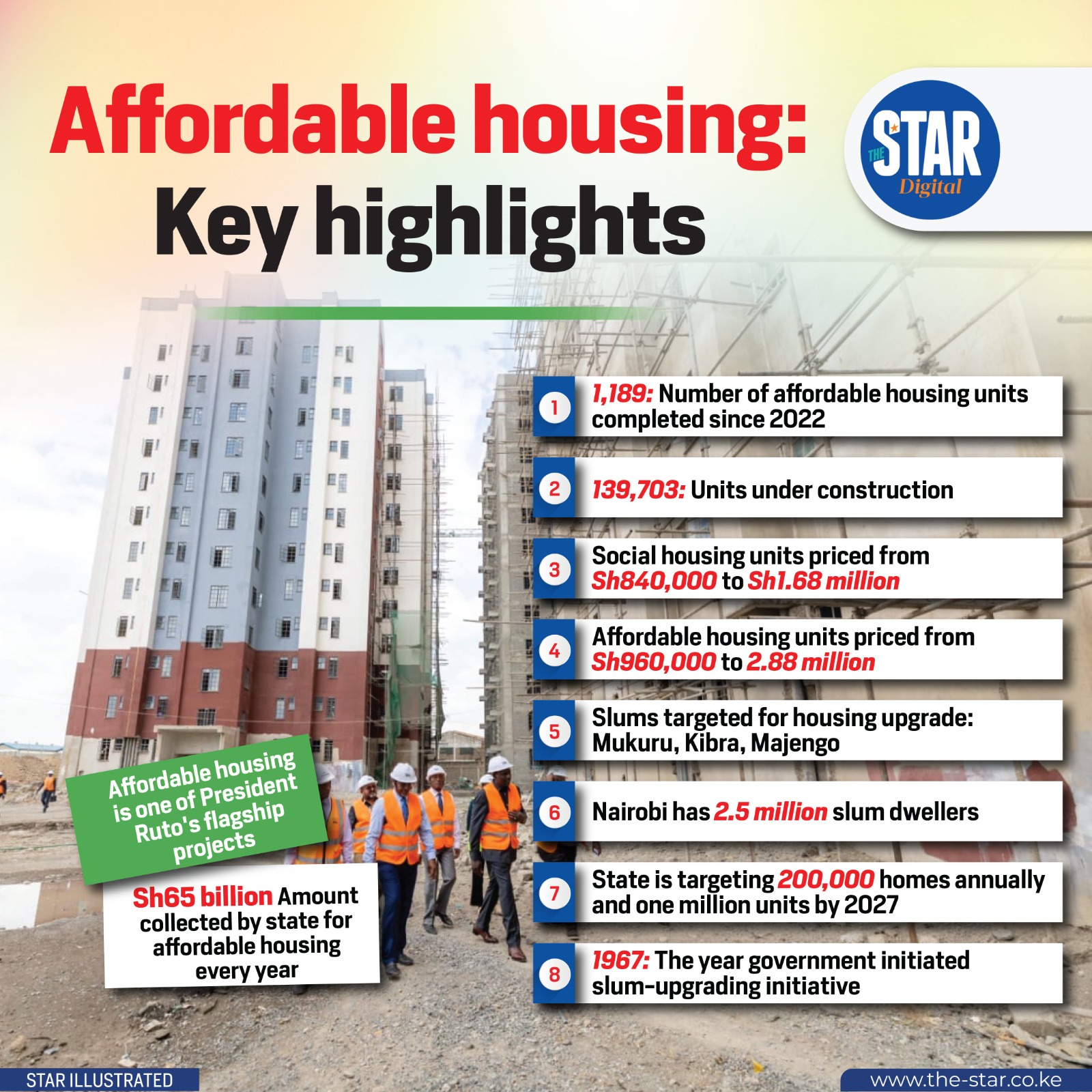Inflation, the persistent rise in the general price level of goods and services, is a critical economic force that impacts every sector, including **real estate in Kenya**. While property is often considered a hedge against inflation, its effects are nuanced, influencing everything from construction costs and property values to rental yields and borrowing power. For investors in **real estate in Kenya**, understanding these dynamics is crucial for safeguarding assets and making informed decisions. At **Vineyard Properties**, we provide expert analysis to help you navigate the inflationary environment.
1. Inflation and Property Values: A Complex Relationship
Historically, **real estate in Kenya** has been viewed as a good hedge against inflation. This is because:
- **Tangible Asset:** Property is a physical asset whose value tends to rise with the general price level, unlike cash which loses purchasing power.
- **Replacement Cost:** As construction costs (materials, labor) rise due to inflation, the cost to replace existing properties also increases, theoretically pushing up the value of existing structures.
- **Demand for Scarce Resources:** Land, being a finite resource, tends to retain or increase its value during inflationary periods.
- **Reduced Purchasing Power:** Consumers have less disposable income, which can depress demand for new homes and rentals.
- **Higher Interest Rates:** Central banks often raise interest rates to combat inflation, making mortgages more expensive and reducing affordability for potential buyers.
- **Slower Market Activity:** The combination of higher costs and reduced affordability can lead to a slowdown in property transactions.
2. Impact on Rental Yields
Inflation directly impacts rental income. Landlords often seek to increase rents to keep pace with rising operating costs (maintenance, property taxes, insurance). However, the ability to raise rents is dependent on market demand and tenant affordability. In a high-inflation environment, tenants' disposable incomes might be strained, making it difficult to pass on the full increase. While rental income might increase in nominal terms, the real (inflation-adjusted) return might be lower if rent increases don't keep pace with inflation. For successful **property management in Kenya**, it's crucial to balance rent adjustments with market realities.
3. Construction Costs and Development Projects
One of the most immediate impacts of inflation is on construction costs. The prices of building materials (cement, steel, timber, finishes) increase, as do labor costs. This directly affects the feasibility and profitability of new development projects. Developers might face higher initial capital outlays and reduced profit margins, potentially leading to project delays or even cancellations. This can, in turn, affect the supply side of **real estate in Kenya**, potentially leading to higher property prices if demand remains strong.
4. Borrowing Costs and Mortgage Affordability
As mentioned, central banks typically raise interest rates to curb inflation. Higher interest rates translate to more expensive mortgages, significantly impacting the affordability of homeownership for potential buyers. This can reduce the pool of eligible buyers and slow down sales activity. For existing mortgage holders with variable rates, increased interest payments can strain household budgets. Navigating financing becomes a critical consideration for investors in **real estate in Kenya** during inflationary periods.
5. Strategies for Investors During Inflation
Despite the challenges, investors can implement strategies to navigate inflation:
- **Focus on Income-Generating Properties:** Rental properties with stable occupancy and the potential for regular rent adjustments can offer a hedge.
- **Consider Value-Add Opportunities:** Properties that can be renovated or improved to command higher rents or sale prices can outperform.
- **Invest in Land (with caution):** Land, being finite, often retains its value. However, development costs will rise, so long-term strategies are key.
- **Diversify Your Portfolio:** Don't put all your eggs in one basket. Consider different types of properties or locations within **real estate in Kenya**.
- **Seek Expert Advice:** Work with a trusted real estate partner who understands economic trends and their impact on the local market.
Conclusion: Navigating Nuances for Resilient Investments
While **real estate in Kenya** has a reputation as an inflation hedge, its performance during inflationary periods is complex and depends on various factors. Understanding how inflation impacts property values, rental yields, construction costs, and borrowing power is vital for making sound investment decisions. At **Vineyard Properties**, our team provides comprehensive market insights and strategic advice tailored to current economic conditions. Whether you're looking to acquire new assets or manage your existing portfolio, we can help you develop resilient strategies to protect and grow your investment in **real estate in Kenya** even amidst inflationary pressures. Partner with us for expert guidance and achieve long-term success.




